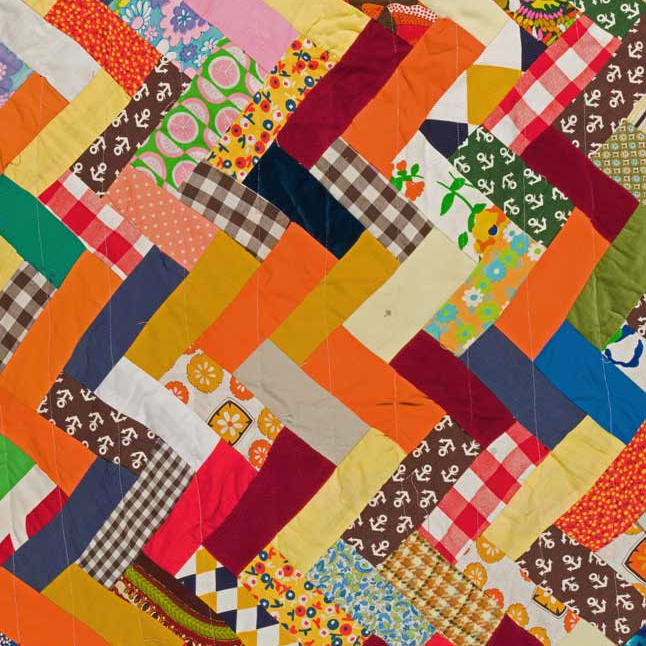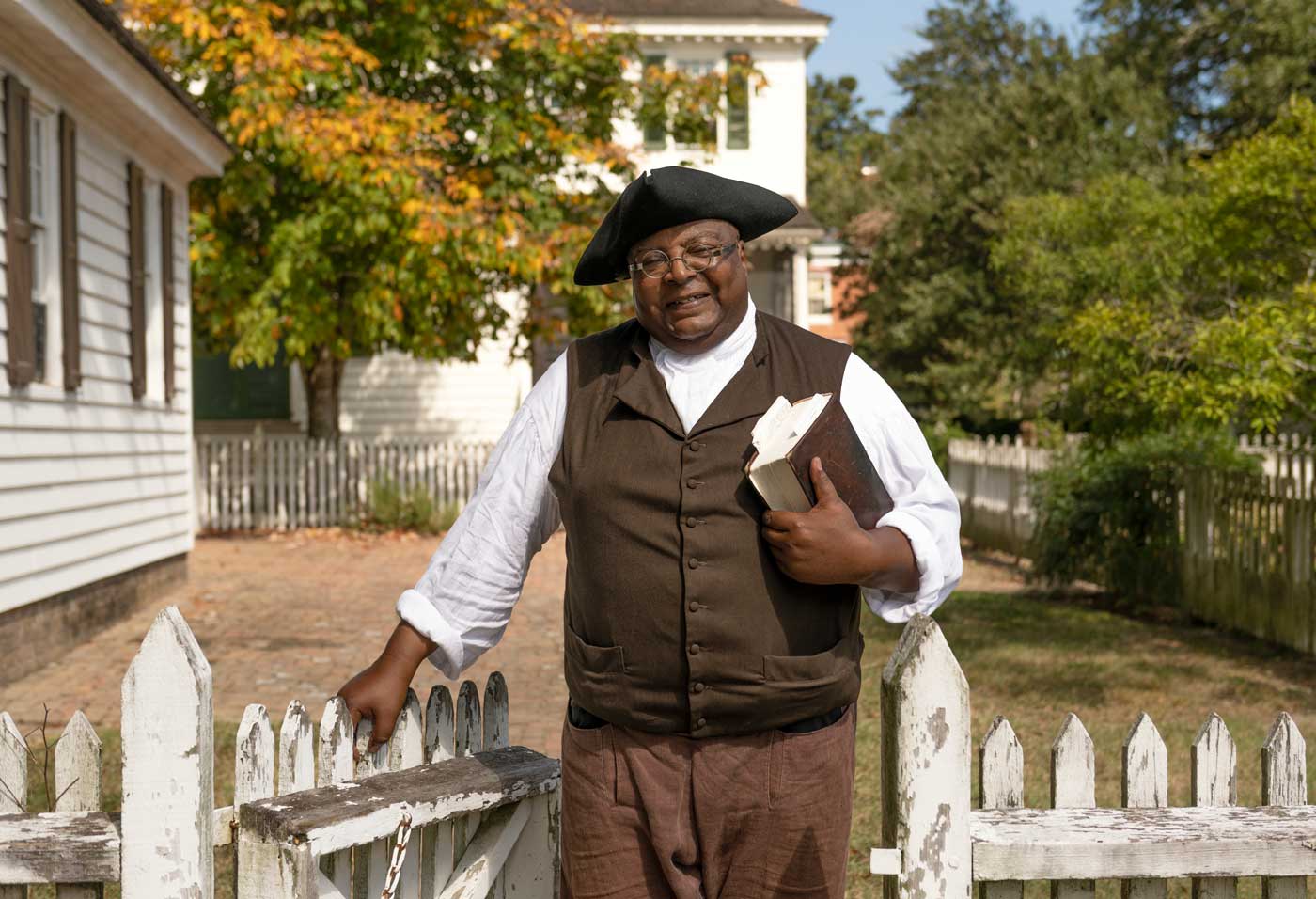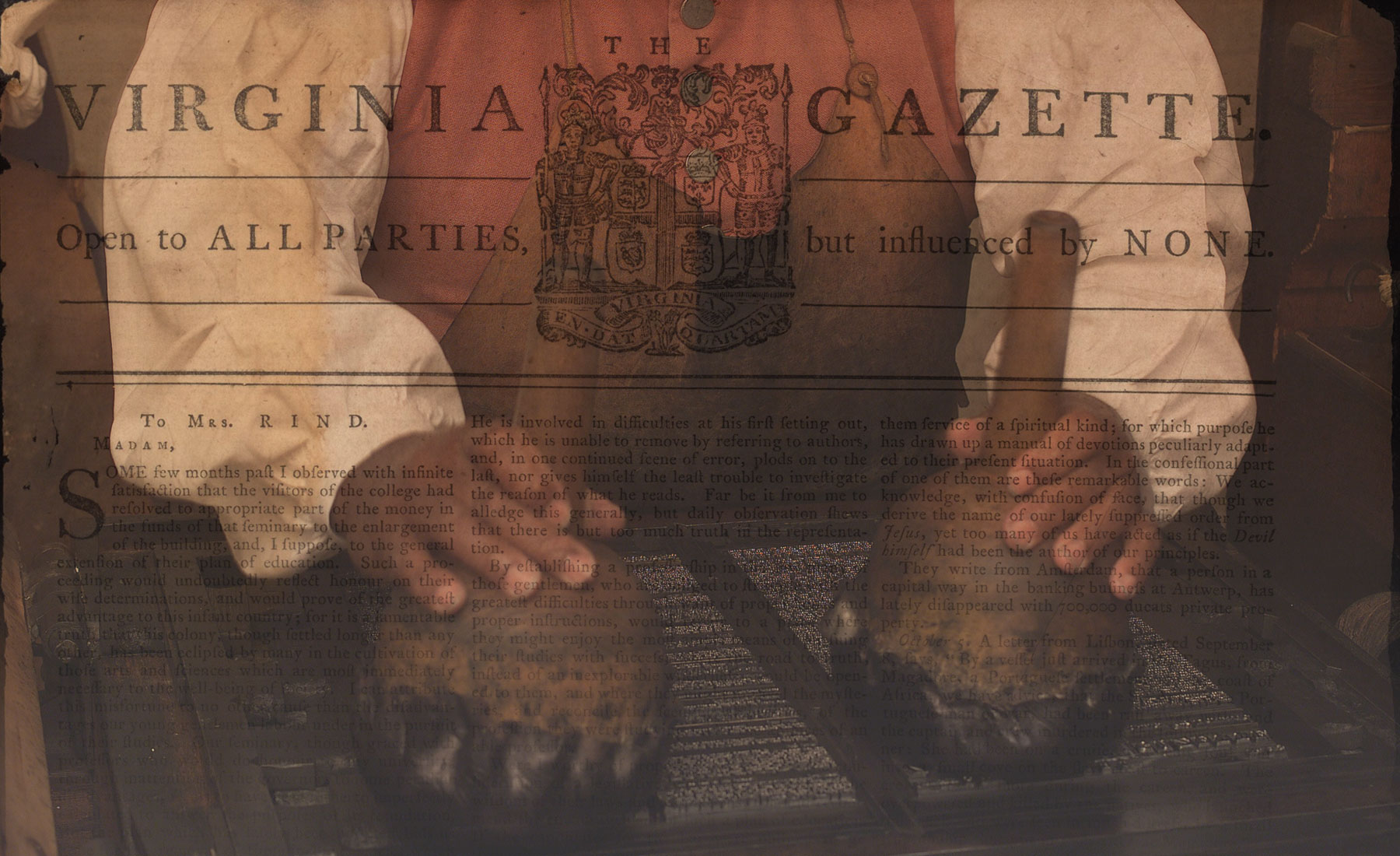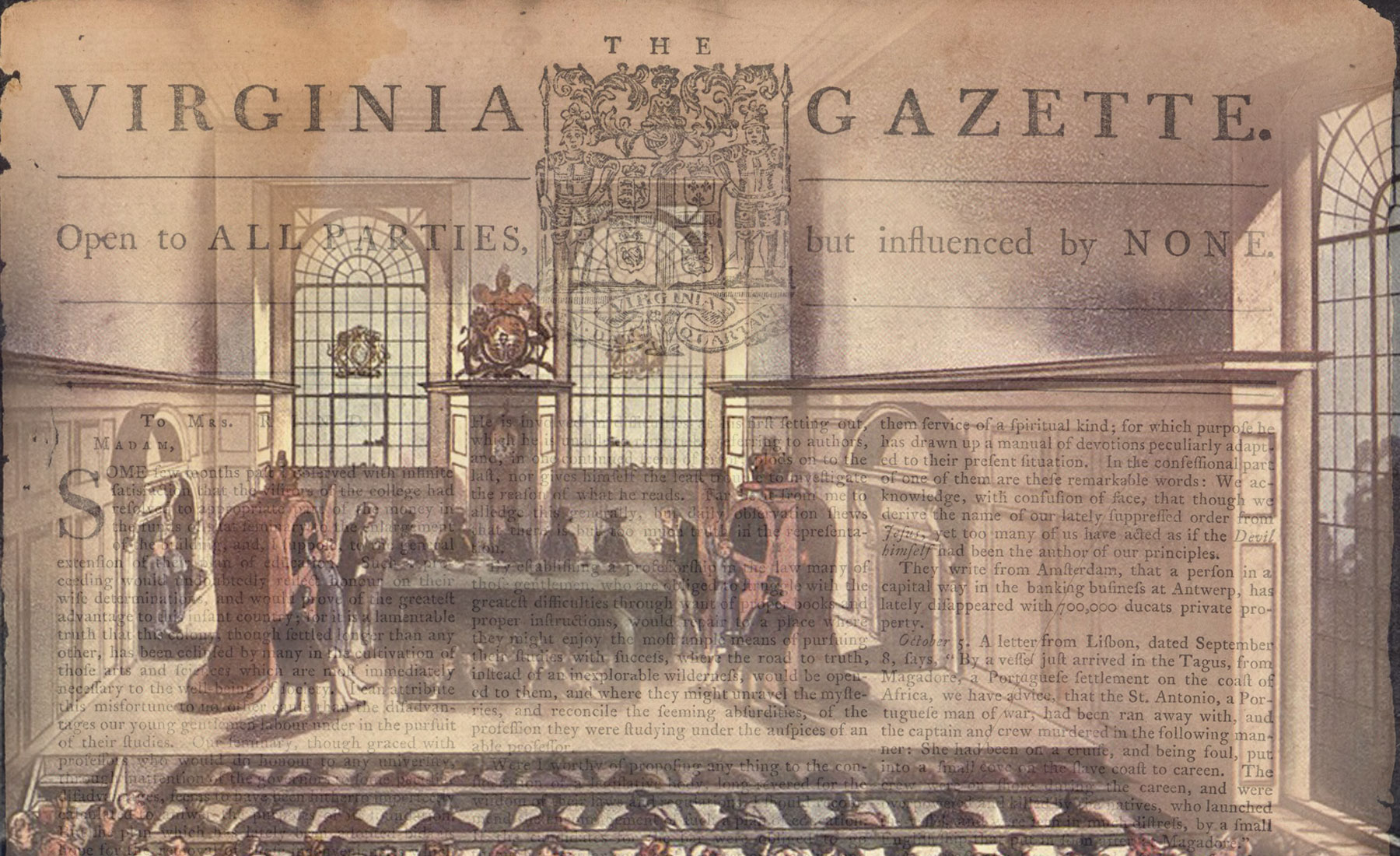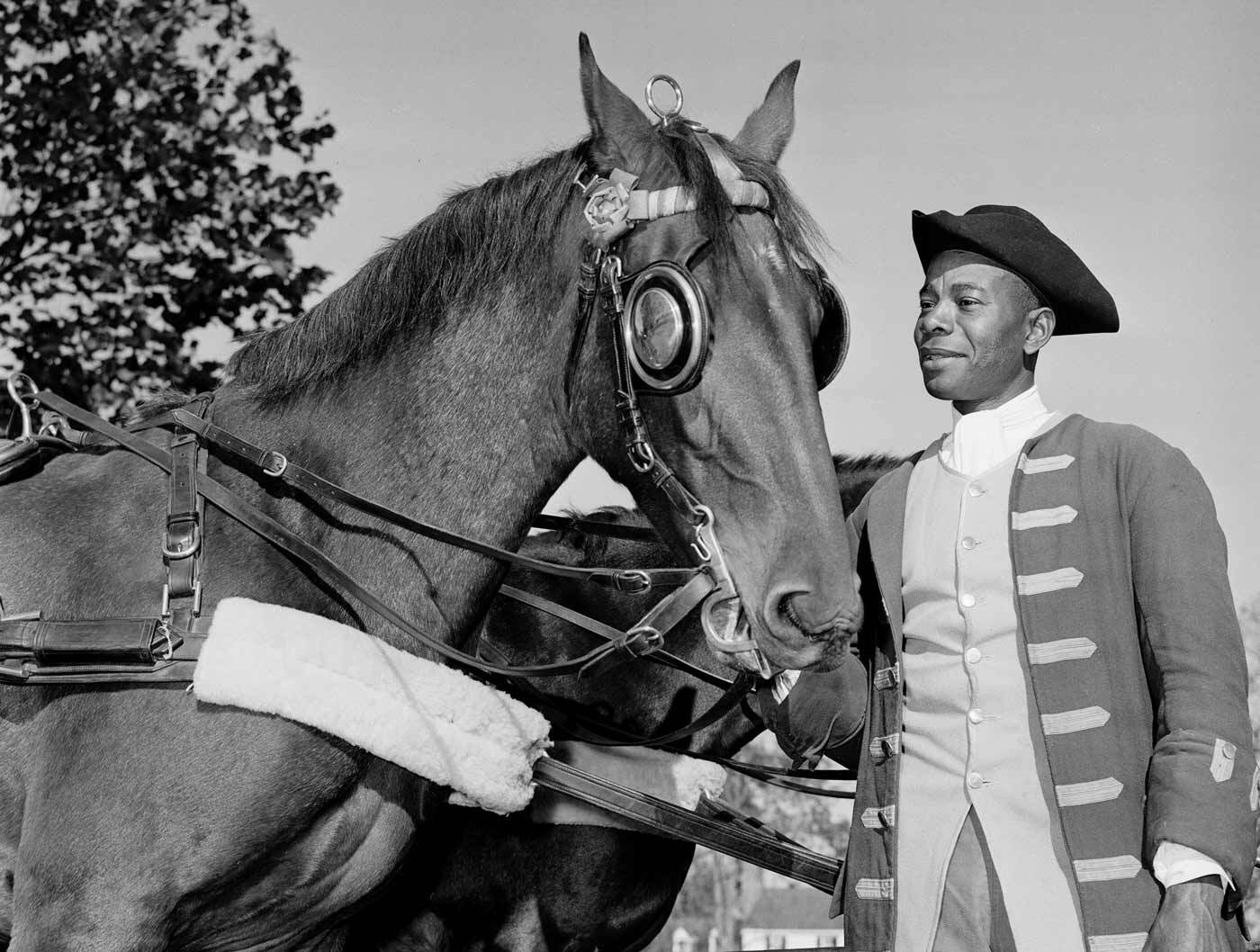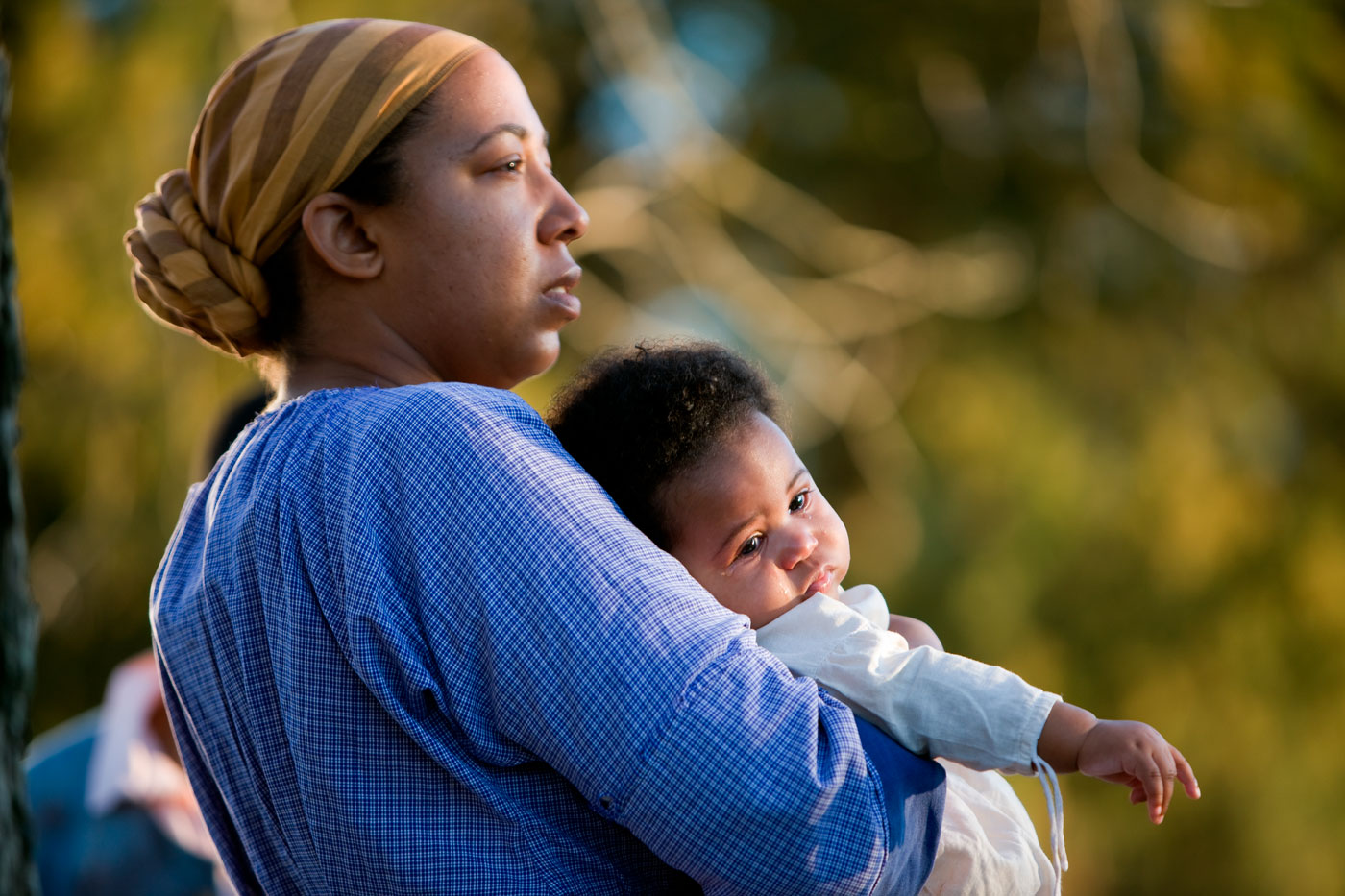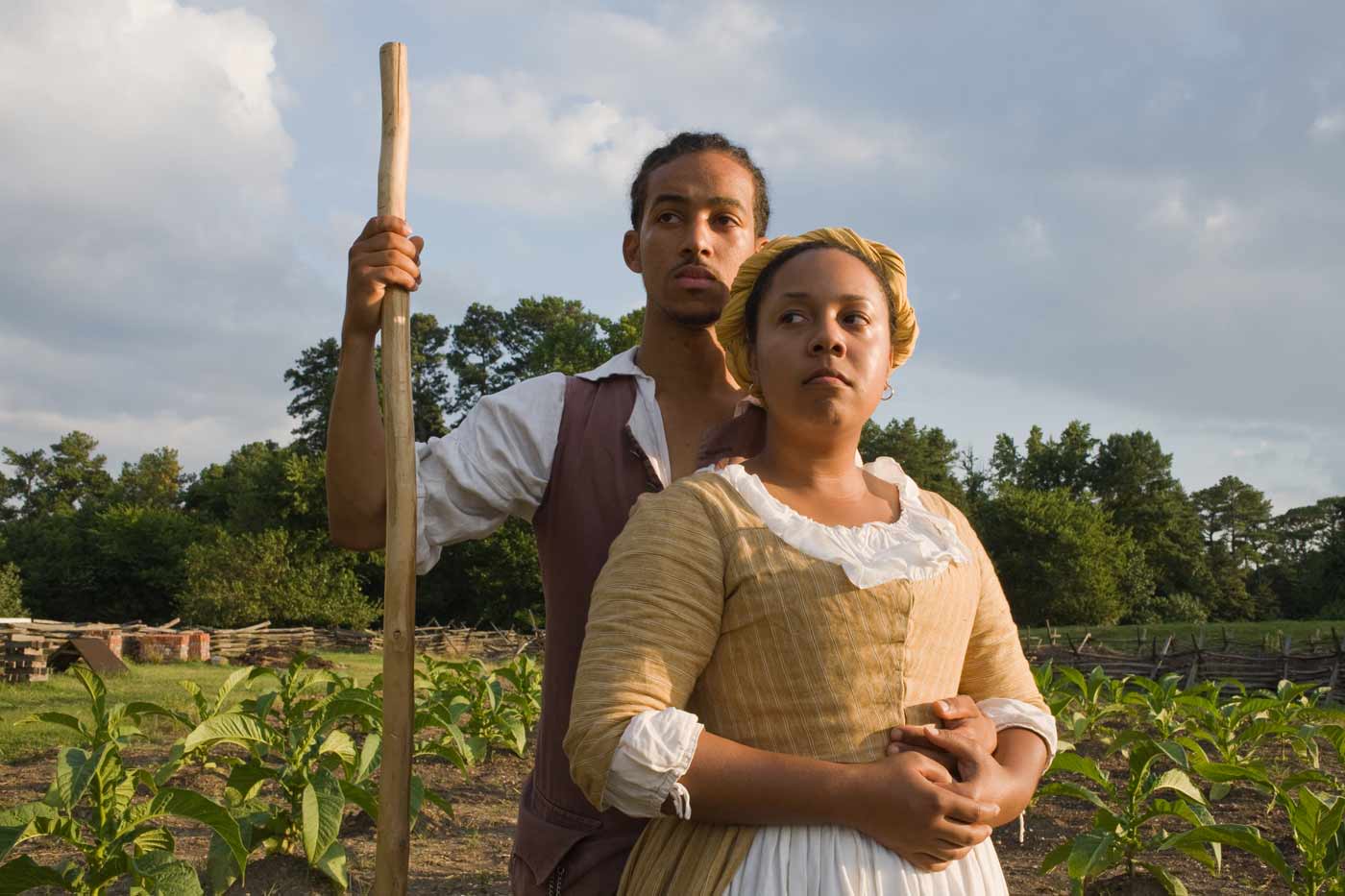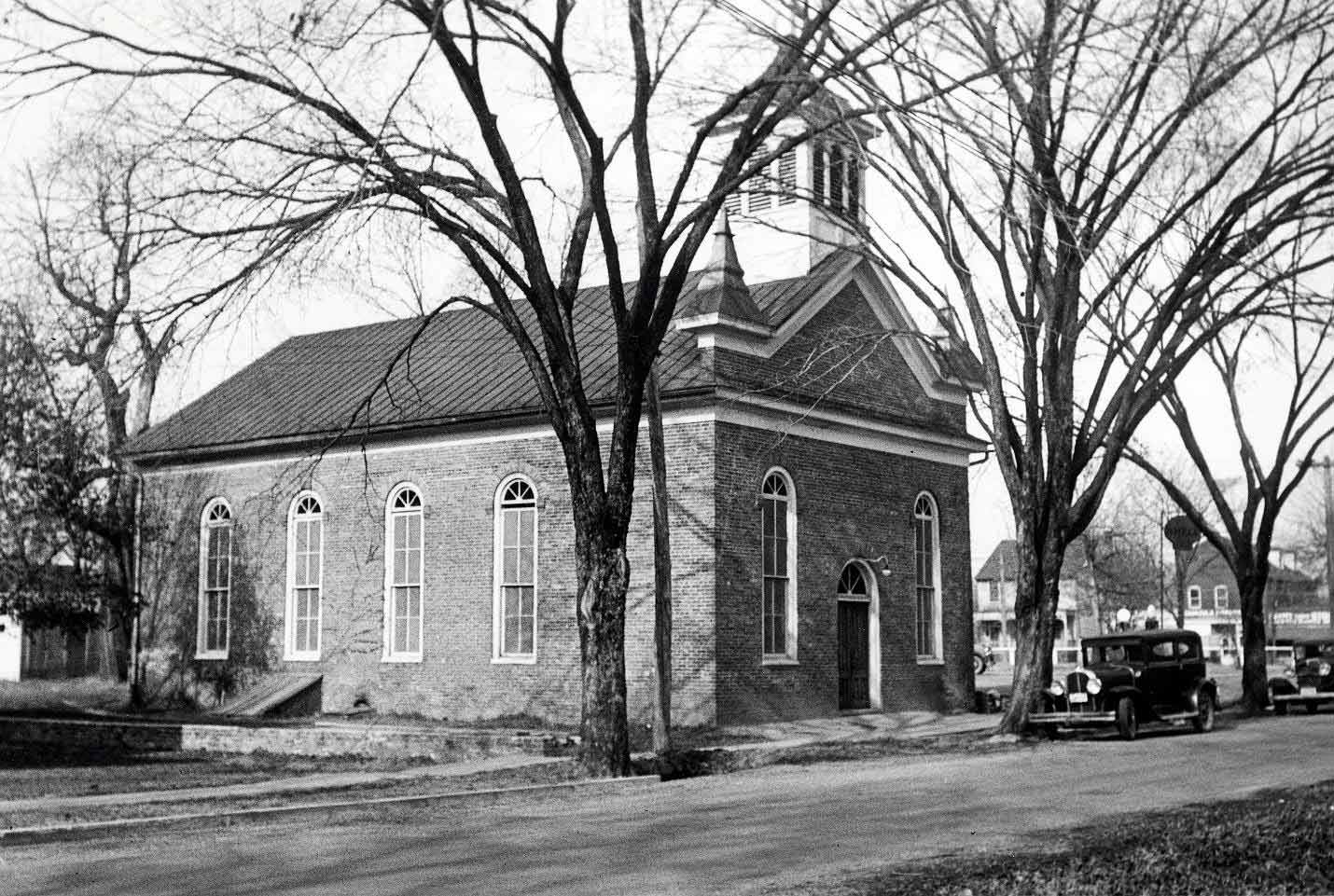
First Baptist Church Archaeology Project
Colonial Williamsburg has partnered with the First Baptist Church of Williamsburg and the Let Freedom Ring Foundation to locate the remains of the Nassau Street site of the First Baptist Church. The First Baptist Church of Williamsburg is one of the country’s earliest African American congregations and was founded by free and enslaved Black worshippers.
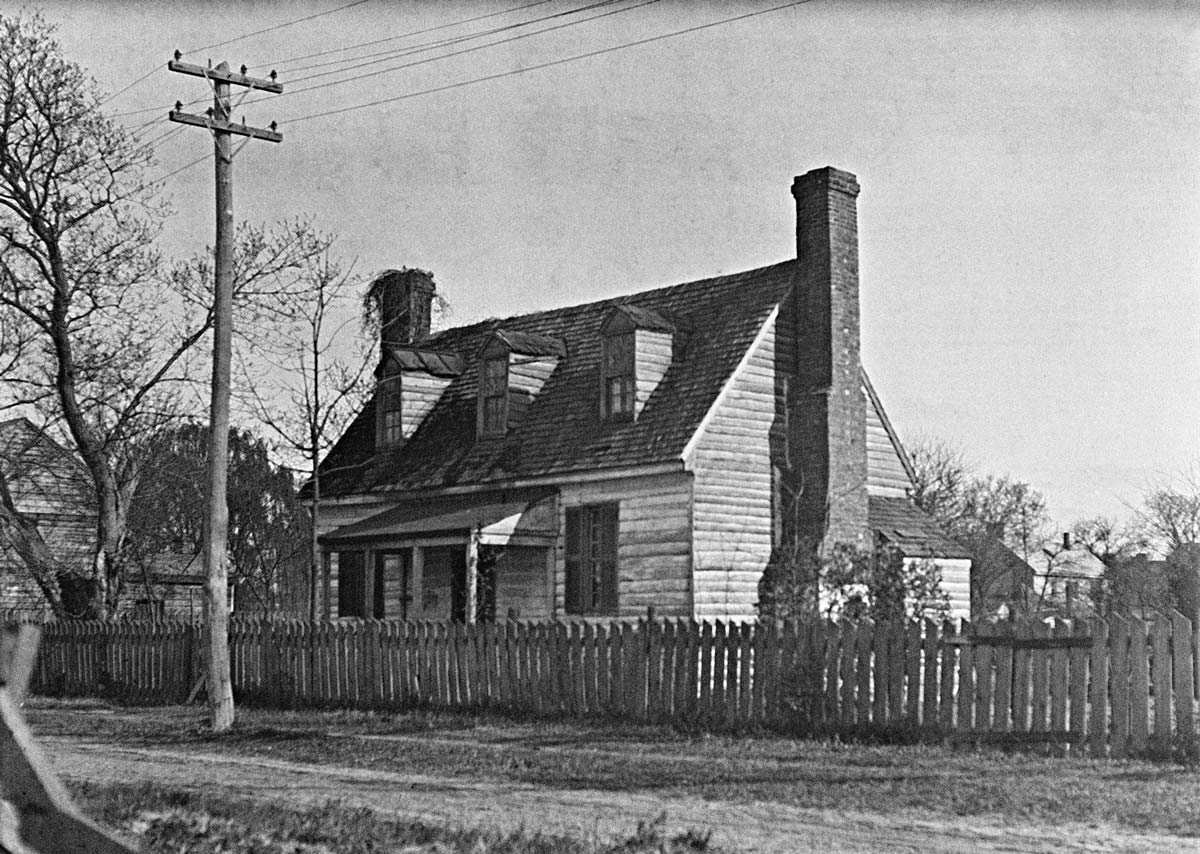
Williamsburg Bray School Initiative
Colonial Williamsburg and William & Mary have identified a building that once housed the Williamsburg Bray School, an 18th-century institution dedicated to the education of enslaved and free Black children. Now, we are working to share the complex history of what is likely the oldest extant building in the United States dedicated to the education of Black children – and the stories of those who were part of it.
